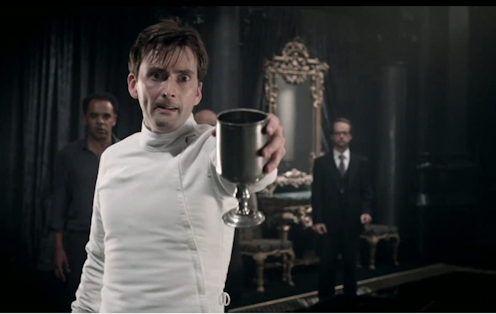
Lighting is a fundamental element in defining the ambiance, functionality, and aesthetic appeal of any space. Whether you are renovating your home, ...

Did you hear that your 30s are the new 20s? We’ve finally rocked up that adult money and now it’s time to play with it.
I was going for a walk ...

Waking with a tight jaw, tender muscles, or a dull temple headache is more than a bad night’s sleep. Many Australians grind or clench their teeth ...

Circular interior design is gradually making its way from niche circles into mainstream Australian homes. At its core, this approach revolves around...

Straightening teeth as an adult is common in Australia, and the options are better than ever. The two main choices are clear aligners, also called i...

Nicotine and oral surgery are a poor mix. After an wisdom teeth removal in Sydney, your body needs a stable blood clot and steady blood flow to rebu...

Dental implants replace missing teeth by anchoring a metal fixture in the jaw and fitting a crown on top. Their success rests on a biological event ...

Wisdom teeth are among the most discussed teeth in dentistry, not because of their function but because of the myths that surround them. The name it...

Australians often ask one simple question before green-lighting treatment: how long will a dental implant actually last? The short answer is that th...

Losing a tooth is not just a physical change; it alters the way people see themselves and how they believe others perceive them. While dentistry has...

Melbourne’s climate is known for its unpredictable swings—from scorching summers to chilly winters. This variability makes it crucial for homes ...

Plumbing is one of those things we often take for granted—until something goes wrong. From stepping into an unexpectedly cold shower to discovering ...

Sydney’s ageing cars add up to a serious waste stream, and choosing the right removal service makes a measurable difference. Your decision sends m...

Bus ads turn everyday travel into high-reach media. They move through busy corridors, sit in traffic where people can read them, and keep working af...

Choosing between Australia’s onshore and offshore partner visa routes affects timing, travel, work rights and budget. This guide explains the stru...

Choosing how to serve food at a work function shapes the pace of the event, how people mingle and how smoothly the agenda runs. The right format dep...

Finding the best plumber on the Gold Coast can be as complex as navigating a network of pipes, requiring an expert who is capable, reliable, and s...

Moving house ranks among life's most busy experiences, and discovering unexpected expenses along the way certainly doesn't help with stress levels. Wh...




















